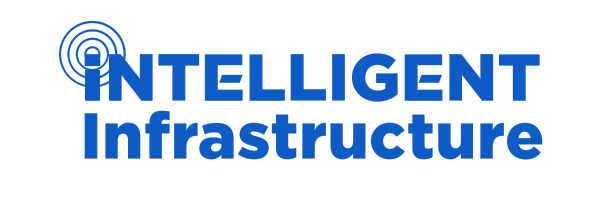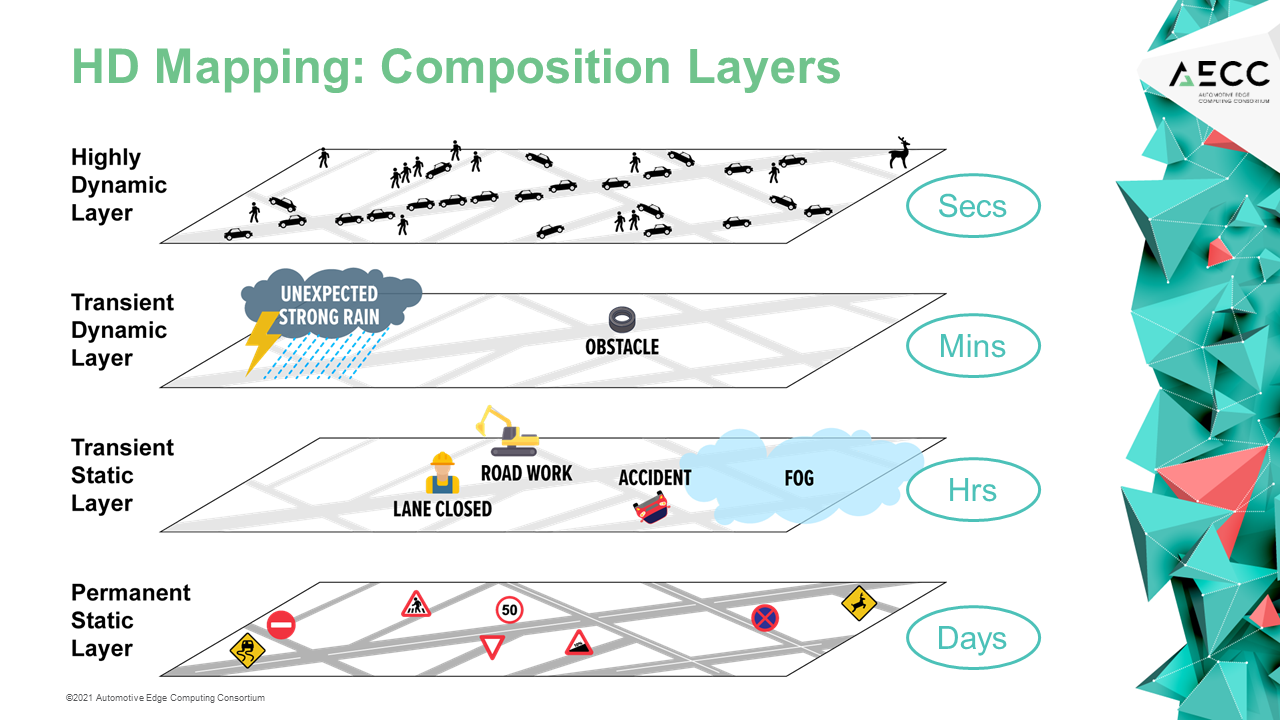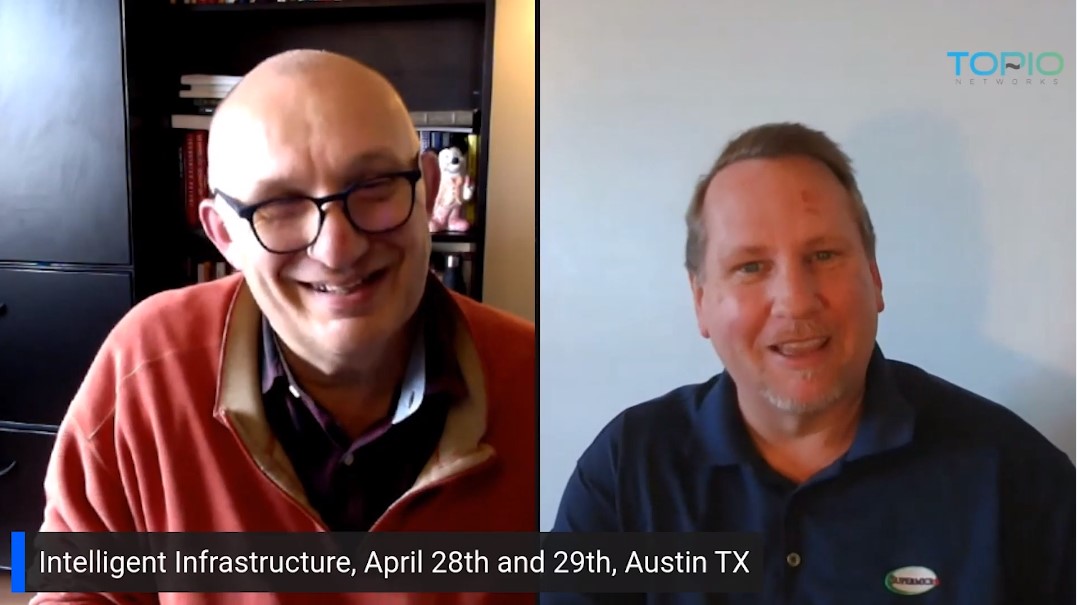The Intelligent Infrastructure Interview: Brent Skorup, The Mercatus Center
Brent Skorup, Senior Research Fellow at the Mercatus Center, George Mason University – and a widely respected and quoted expert on intelligent infrastructure – shares his views.
What key benefits you see being potentially enabled by intelligent infrastructure ?
Having intelligent infrastructure (high-speed connectivity everywhere, plus low-cost sensors) would have long-term, transformational benefits for:
+ Connected vehicles, and would accelerate deployment and adoption of autonomous passenger, trucking, and delivery vehicles.
+ Urban real estate. Connected and autonomous vehicles mean safer roadways and, with cars that self-park, freeing up significant amounts of downtown parking sites for higher-value real estate uses.
+ Roadway safety. Including reduced roadway fatalities, injuries, and property damage, due to safer vehicles and due to more effective compliance with state drivers’ insurance and licensure rules (today, non-compliant drivers are estimated to be 10-20% of drivers on the road).
What are the economic benefits?
I think intelligent infrastructure would create entirely new consumer and enterprise markets. Hard to predict which, specifically, but I think economic benefits would accrue in markets like auto insurance, real estate investments/REITs, autonomous vehicles, drones, trucking, and hardware and software OEMs.
What application areas or use cases do you see being currently most frequently digitally enabled in public sector infrastructure, and where is it most urgently needed?
Automatic ticketing cameras and license plate readers are beginning to deploy, and will mean more regular, passive enforcement of existing driver insurance and licensure rules.
Public-sector (in house or contracted) sensors, connectivity, and autonomous systems would mean more reliable and cost-effective public transit (buses) and traffic signaling. It could also mean more efficient use of public parking spots, dynamic pricing, and more revenue for municipal governments.
What are the key elements to enable intelligent infrastructure? What is already in place, and what still needs to be done?
There seems to be substantial public funds and private financing ready for investment. There also seems to be latent demand for localized, ubiquitous connectivity and sensors: uses by connected vehicles, AVs, drones, public safety, etc. The US also has large and innovative software and hardware companies. However, some things in my view that need to be done:
+ Record and rationalize the very fragmented public rights of way easements along roadways so local and regional linear networks and accompanying infrastructure can be built. Holdout, neglect, and competitive issues for easement use are today big obstacles to intelligent infrastructure construction.
+ Define and demarcate the public v. private roles. I believe the “mobile telecommunications” framework should apply generally to intelligent infrastructure devices and networks: largely financed, constructed, and operated by private operators; data collected by private operators and shared with other operators and customers via commercial arrangements; data shared with public sector generally only via administrative subpoena or warrant. The public role would be to rationalize the easements, create standards bodies for “passive infrastructure” (smart poles, vaults), and require neutral host policies for access to passive infrastructure.
How are drones enabled by intelligent infrastructure?
Local and ubiquitous connectivity and sensors would enable several benefits for drone operators including:
+ Situational awareness, legal compliance assurance, and safety in low altitude airspace via radar, lidar, and connected drones.
+ Localized weather and wind shear information for operators.
+ Reliable communications with and better emergency procedures for en route drones.
+ The possibility of fair funding mechanisms (perhaps tolling, airspace markets, or fees) to fund new state and federal duties related to overseeing a new commercial drone sector.
Brent will be speaking at the Intelligent Infrastructure conference at the Renaissance Austin Hotel on June 6th & 7th – Chairing a panel on “Creating the Public Sector Platform for the New Data Economy“. Find out more about the conference here: www.intelligentinfra.com





